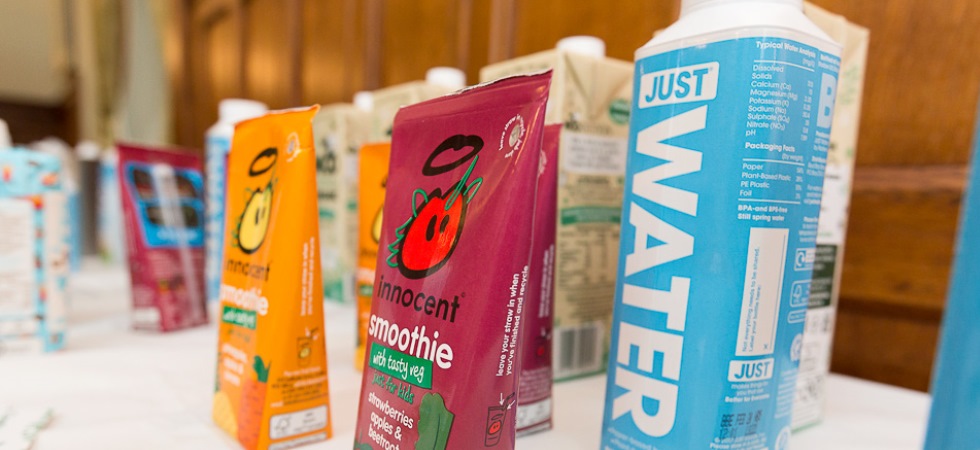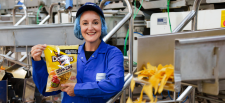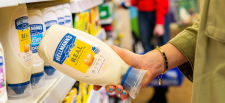Food and drink retailers face increased pressure from consumers to provide sustainable packaging options, according to new research from Tetra Pak which surveyed major retailers in the UK and Ireland on their attitudes and factors driving packaging choices.
The research found that 97% of the retailers that participated believe their customers are taking action to reduce their environmental impact.
Almost nine in ten retailers admit that climate change concerns are affecting the packages they’re choosing to put on their shelves and Tetra Pak’s statistics indicate this pressure is largely consumer-driven.
The report also found that 31% of retailers believe food and drink packaging suppliers have the most responsibility for ensuring there is more packaging with a low environmental impact on display.
Responsible packaging has consequently become a major issue for almost all retailers, with 97% also saying it is a chief consideration when choosing a supplier.
With 77% of respondents agreeing that they could be doing more to offer products with packaging that has a low environmental impact, almost half of respondents said they plan to stock products with sustainable packaging in the next two years, with 43% planning to make the change in the next 12 months.
Johan Rabe, managing director of Tetra Pak North Europe, said: “Our research shows that awareness of environmentally responsible packaging has increased significantly amongst retailers. However, there is clearly more to be done in practical terms to lower our carbon use and facilitate a global shift towards a circular economy.
“We will continue to collaborate with the industry and work to find innovative packaging solutions that will help retailers offer more sustainable packaging choices to their customers. For example, by the end of 2020, Tetra Pak aims to launch the first tethered cap solution in Europe on a Tetra Rex® Plant-based package as part of a broader programme to help address the issue of plastic waste.
“Ultimately, climate change and waste reduction cannot be tackled in isolation. Equipped with the correct information, suppliers, retailers and consumers alike can complete the circular economy and cooperate towards building a more sustainable future.”









